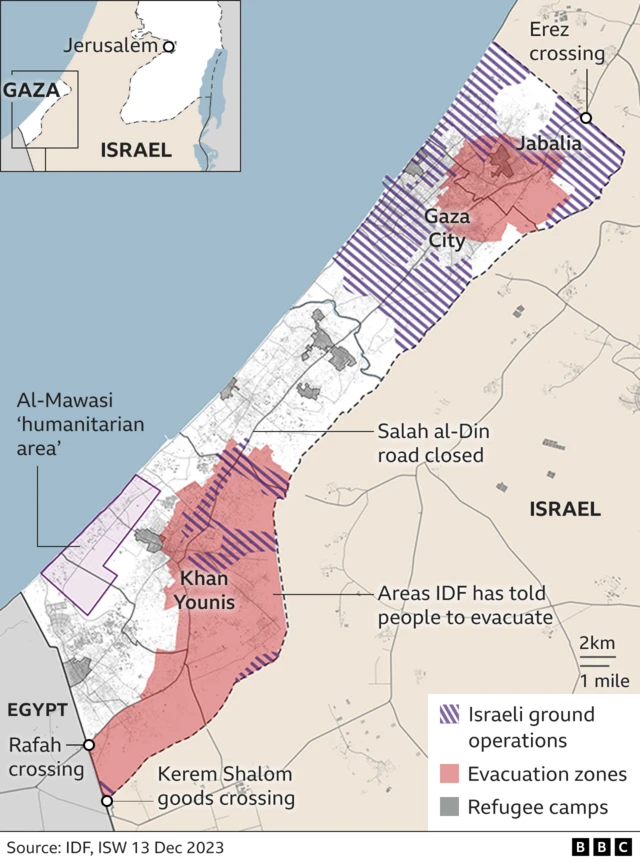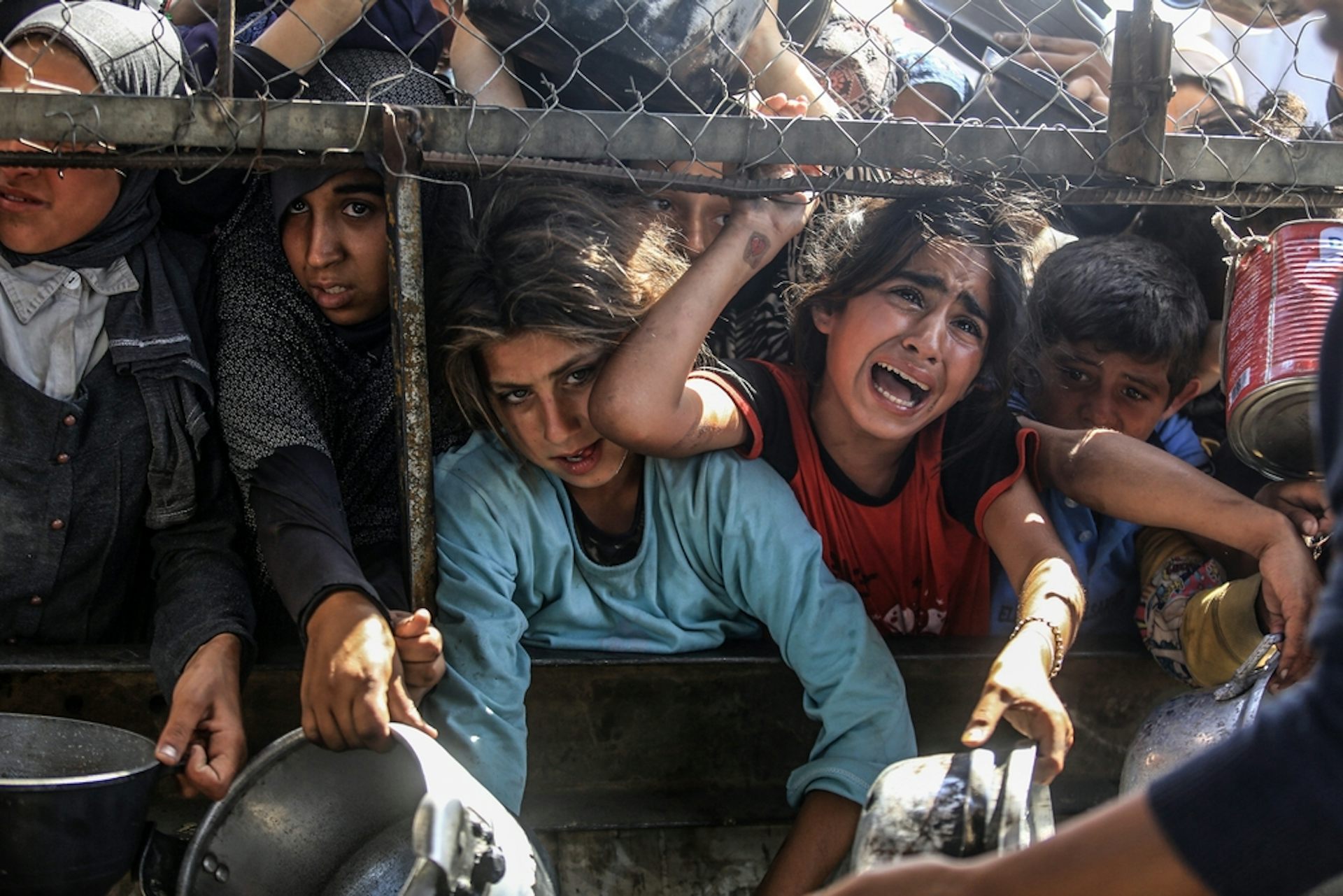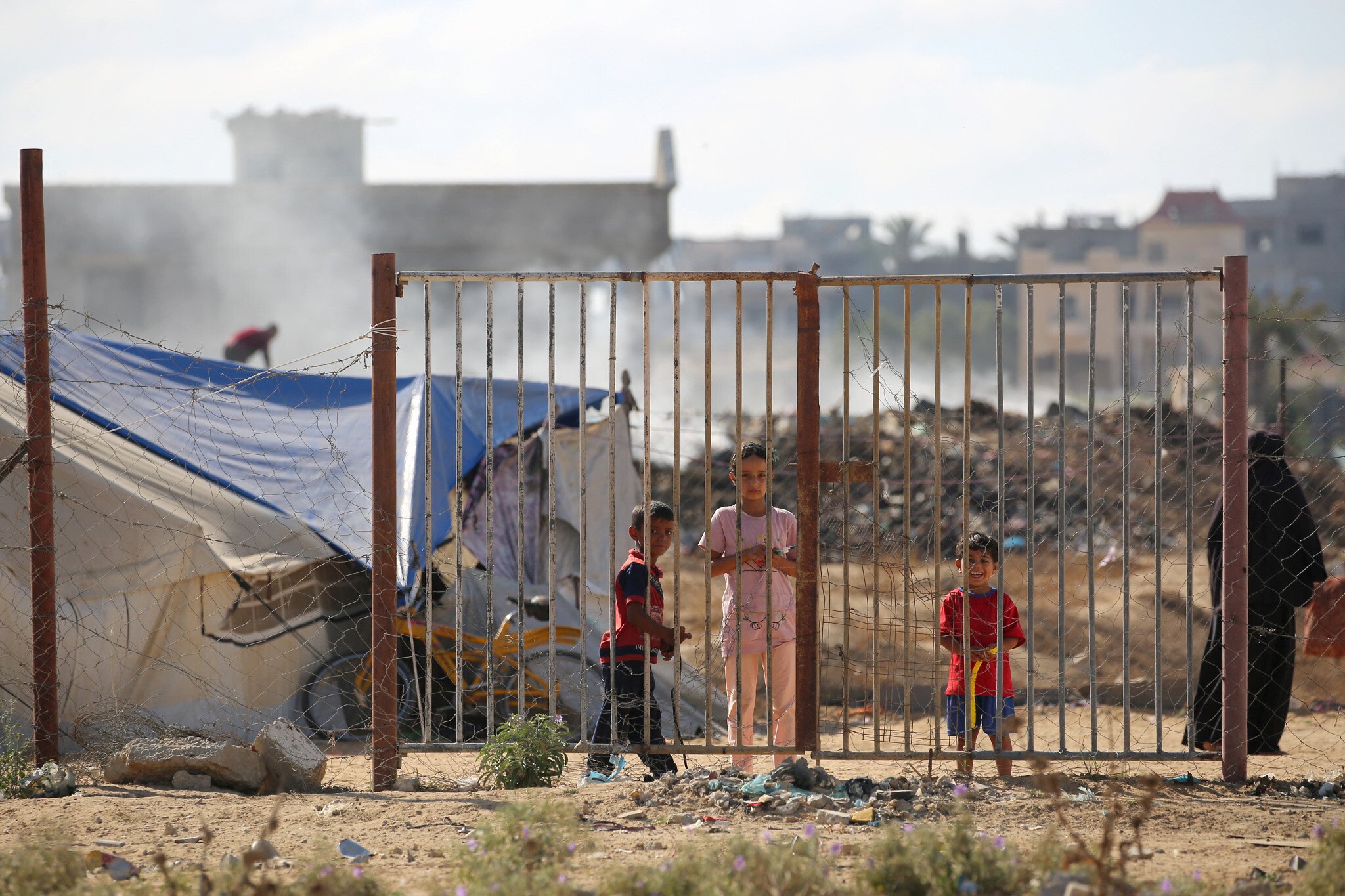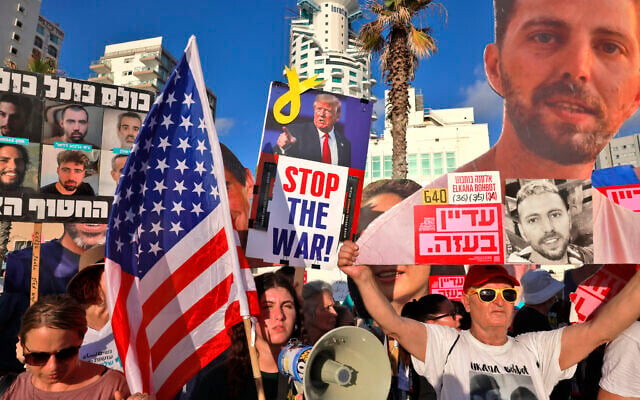Netanyahu's Controversial "Humanitarian City" Plan for Gaza

Israeli Prime Minister Benjamin Netanyahu is facing intense international condemnation for allegedly supporting a plan to confine Palestinians from the Gaza Strip to a designated "humanitarian city" in Rafah. Critics widely denounce the proposal as a concentration camp, citing concerns of forced displacement and severe human rights violations. The plan, initially revealed by Israeli Defense Minister Israel Katz on July 7, 2025, involves the relocation of an estimated 600,000 displaced Palestinians from the al-Mawasi area to the ruins of Rafah, with the eventual goal of confining the entire civilian population of Gaza (over 2 million) to this new "city."
Netanyahu's Alleged Dismissive Remarks Fuel Outrage

Adding to the controversy, a source told Haaretz on July 9, 2025, that Netanyahu allegedly responded to the plan with the dismissive comment, "Give them Ben & Jerry's, for all I care," further inflaming international criticism. This remark, coupled with the plan's inherent severity, has triggered widespread condemnation from human rights organizations and international bodies.
Defense Minister Katz Details Plan Mechanics

Defense Minister Katz outlined a plan to construct the "city," contingent on a proposed 60-day ceasefire currently under negotiation. The "city" would reportedly include four aid distribution centers, with the Israeli military securing the perimeter while seeking international partners to manage the site internally. This aspect of the plan has raised serious questions regarding international collaboration and complicity.
UNRWA and Human Rights Groups Condemn the Plan

The UN agency for Palestinian refugees (UNRWA) categorically rejected any forced displacement of Palestinians on July 10, 2025, stating that such a plan would create "massive concentration camps" and worsen the already dire humanitarian crisis in Gaza. This condemnation reflects the widespread international consensus that the plan violates fundamental human rights.
US Sanctions UN Investigator Amidst Growing Criticism

Further escalating tensions, the US announced sanctions on July 10, 2025, against Francesca Albanese, the UN special rapporteur for the West Bank and Gaza, who has been a vocal critic of Israel's actions in Gaza, labeling them "genocide." This move has been interpreted by many as an attempt to silence dissent and suppress international scrutiny of Israel's actions.
Netanyahu's Washington Visit and Ceasefire Negotiations

During Netanyahu's visit to Washington, D.C., from July 8-11, 2025, he engaged in ceasefire negotiations with US President Donald Trump. However, progress remains uncertain, with sticking points including Israel's insistence on maintaining control over key corridors in Gaza, such as the Morag corridor. These negotiations underscore the complex geopolitical landscape surrounding the crisis.
Key Stakeholders and their Positions

The Israeli government, particularly Netanyahu and Katz, maintains that the "humanitarian city" is a strategy to separate civilians from Hamas and potentially facilitate the "emigration" of Palestinians from Gaza. Their stated goal is to eliminate Hamas's military and governing capabilities and eliminate the perceived threat Gaza poses to Israel. Conversely, Palestinians in Gaza, already facing a devastating humanitarian crisis with widespread displacement, food shortages, and a collapsing healthcare system, are directly affected and vehemently oppose the plan. Humanitarian organizations, including UNRWA and numerous human rights groups, strongly condemn the plan, warning of a further humanitarian catastrophe and potential crimes against humanity.
International Law and Legal Ramifications

The plan raises profound legal concerns, with many international bodies and legal experts questioning its legality under international law. The International Criminal Court has already issued arrest warrants for Netanyahu and other Israeli officials for alleged war crimes and crimes against humanity, further fueling concerns about the legal repercussions of the "humanitarian city" proposal. The accusations of forcible displacement and potential ethnic cleansing carry significant weight, as these are explicitly prohibited under international law.
Statements from Key Figures

Haaretz's reporting on Netanyahu's alleged statement and the plan's details, along with public statements from Israeli Defense Minister Katz and UNRWA Director of Communications Juliette Touma, provide crucial insights into the ongoing events. Further commentary from former Israeli Defense Minister Moshe Ya'alon and Israeli Human Rights Lawyer Michael Sfard highlight the gravity of the situation, with Ya'alon accusing Netanyahu of war crimes and Sfard describing the plan as a "crime against humanity." The Gaza Health Ministry's report of over 57,000 Palestinian deaths, more than half women and children, as of July 6, 2025, provides stark context to the unfolding crisis.
Public Reaction and Potential Consequences

The "concentration camp" label attached to the plan has sparked widespread outrage and condemnation. The potential for a further humanitarian catastrophe, coupled with the clear violations of international law, has ignited global protests and increased international pressure on Israel. The diplomatic strain caused by the plan, along with the US sanctions on a UN investigator, could further complicate efforts to resolve the ongoing crisis.